When considering pet companionship for seniors, most people immediately think of cats or small dogs. However, tortoises represent an often-overlooked option that offers unique benefits for older adults. These gentle reptiles combine longevity with relatively low-maintenance care requirements, potentially making them ideal companions for seniors seeking pet companionship without overwhelming responsibilities.
Their calm demeanor and fascinating behaviors can provide both entertainment and purpose to seniors’ daily routines. This article explores whether tortoises truly make good pets for seniors, examining both the advantages and challenges of tortoise ownership for older adults.
Longevity and Commitment Considerations
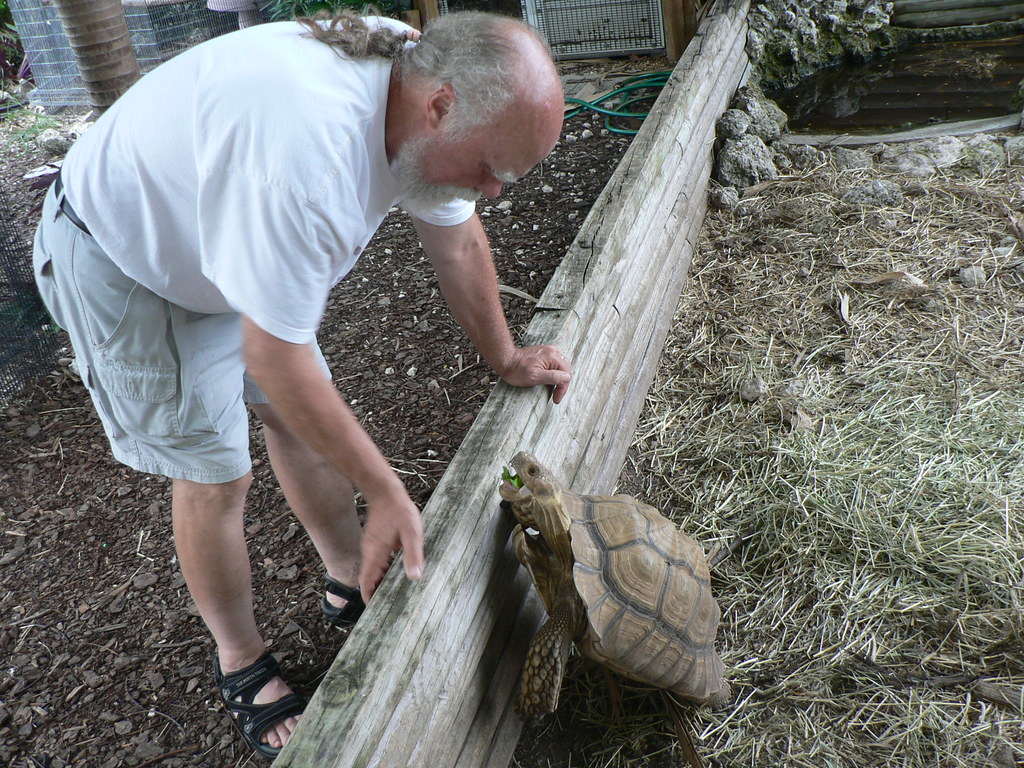
Tortoises are renowned for their exceptional lifespans, with many species living between 50-100 years or more in proper care conditions. This longevity factor creates an important consideration for seniors contemplating tortoise adoption. While the extended lifespan means seniors won’t likely face the heartbreak of outliving their pet, it also necessitates careful succession planning.
Prospective tortoise owners should identify willing family members or friends who would care for the animal should the need arise. Some seniors find comfort in knowing their tortoise will continue living long after them, viewing the pet as a living legacy, while others may prefer pets with more aligned lifespans. The commitment factor requires honest assessment before bringing a tortoise home.
Physical Care Requirements
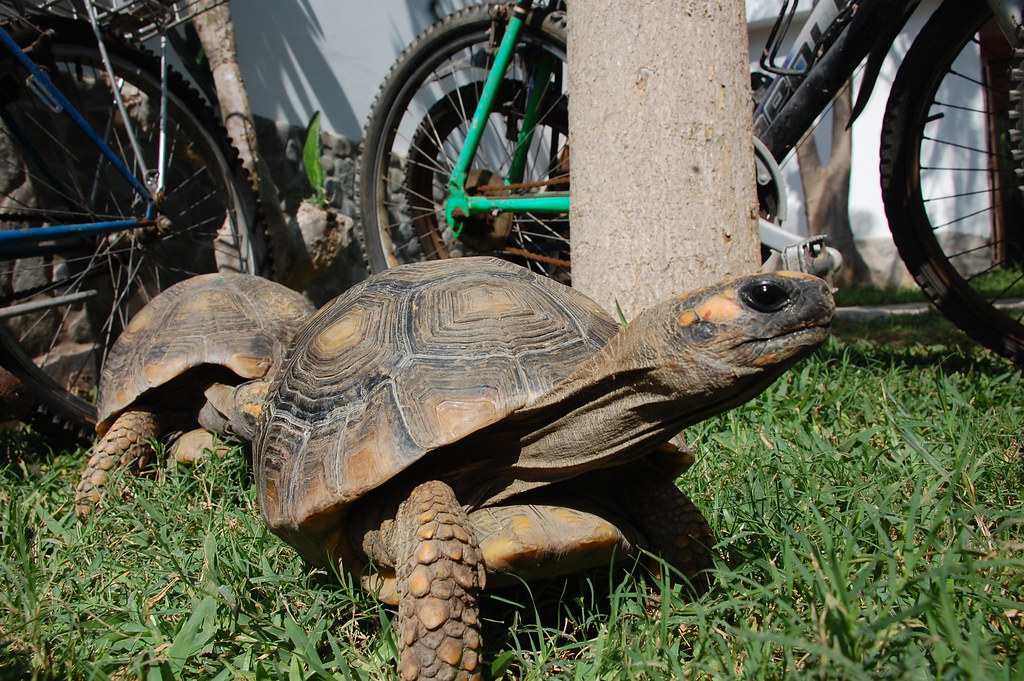
The physical demands of tortoise care generally align well with seniors’ capabilities. Unlike dogs that require daily walks regardless of weather, tortoises don’t need to be exercised outdoors. Their enclosures require regular cleaning, but this task isn’t particularly strenuous and can be adapted to accommodate mobility limitations.
Feeding tortoises involves preparing simple vegetables and occasional supplements, tasks that are manageable for most seniors. The most physically demanding aspect might be periodic enclosure maintenance or lifting larger specimens during habitat cleaning. Smaller tortoise species weighing under 10 pounds may be more appropriate for seniors with strength limitations. Overall, the physical care requirements fall within a reasonable range for most active older adults.
Housing and Space Needs
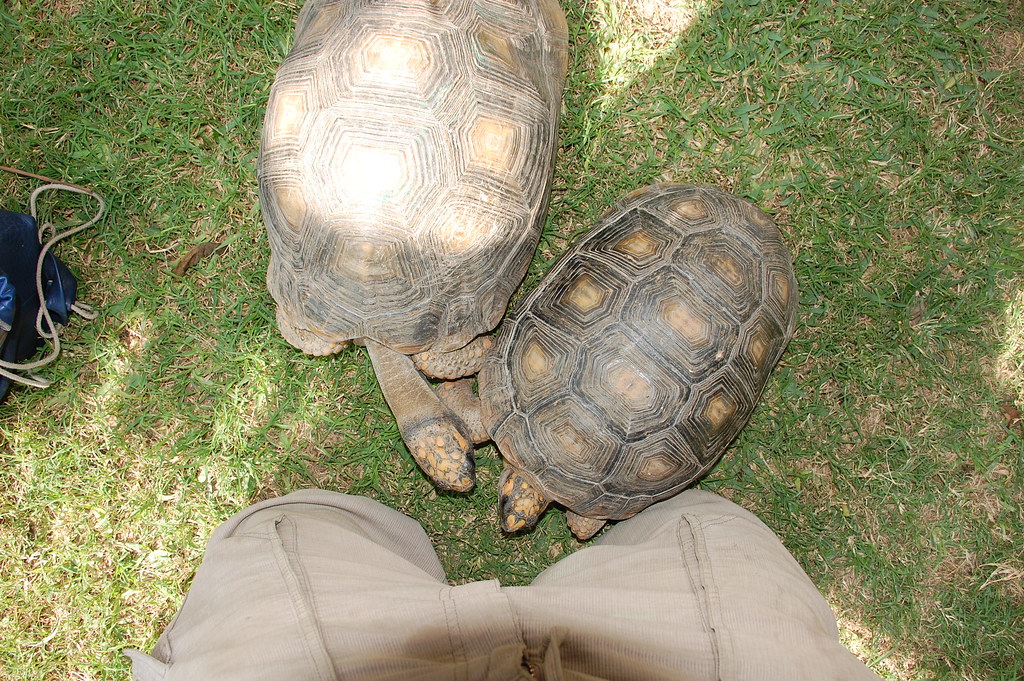
Housing requirements vary significantly depending on the tortoise species, presenting both challenges and flexibility for senior living situations. Smaller species like Russian tortoises can thrive in indoor enclosures of moderate size, making them suitable for apartment living or limited spaces. Larger species such as sulcatas eventually require significant yard space with secure boundaries.
Indoor habitats require temperature control through heat lamps and UVB lighting, necessitating proper electrical setups and safety considerations. Many seniors successfully create tortoise tables or modified enclosures that reduce bending and make maintenance more accessible. The ability to customize housing based on both the tortoise’s needs and the owner’s living situation makes these reptiles adaptable to various senior living arrangements.
Financial Considerations for Seniors
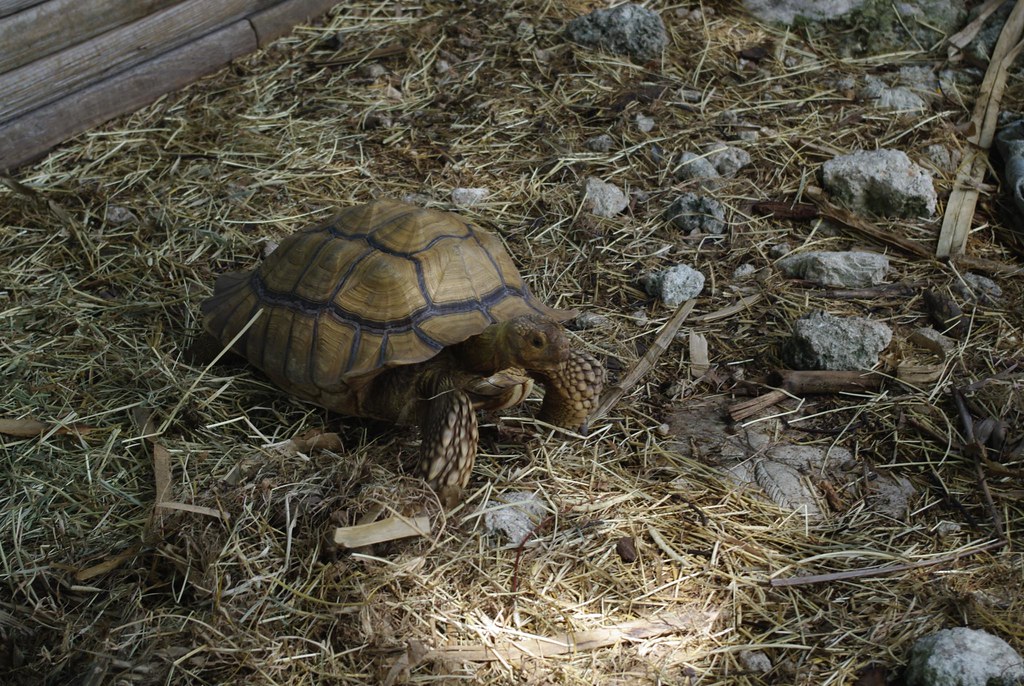
The financial aspects of tortoise ownership deserve careful consideration, especially for seniors on fixed incomes. Initial setup costs represent the largest expense, with proper enclosures, lighting, heating equipment, and the tortoise itself potentially costing between $300-$1,000 depending on species and habitat complexity. Ongoing costs tend to be reasonable, with food expenses averaging $20-40 monthly for vegetables, greens, and supplements.
Veterinary care presents a mixed financial picture—tortoises generally require fewer vet visits than mammals, but specialized reptile veterinarians may charge more and be less accessible in some areas. The long-term care funding should be calculated into retirement planning for those considering tortoise adoption. Many seniors find the moderate ongoing costs manageable compared to the higher expenses of dog or cat ownership.
Daily Care Routine Compatibility
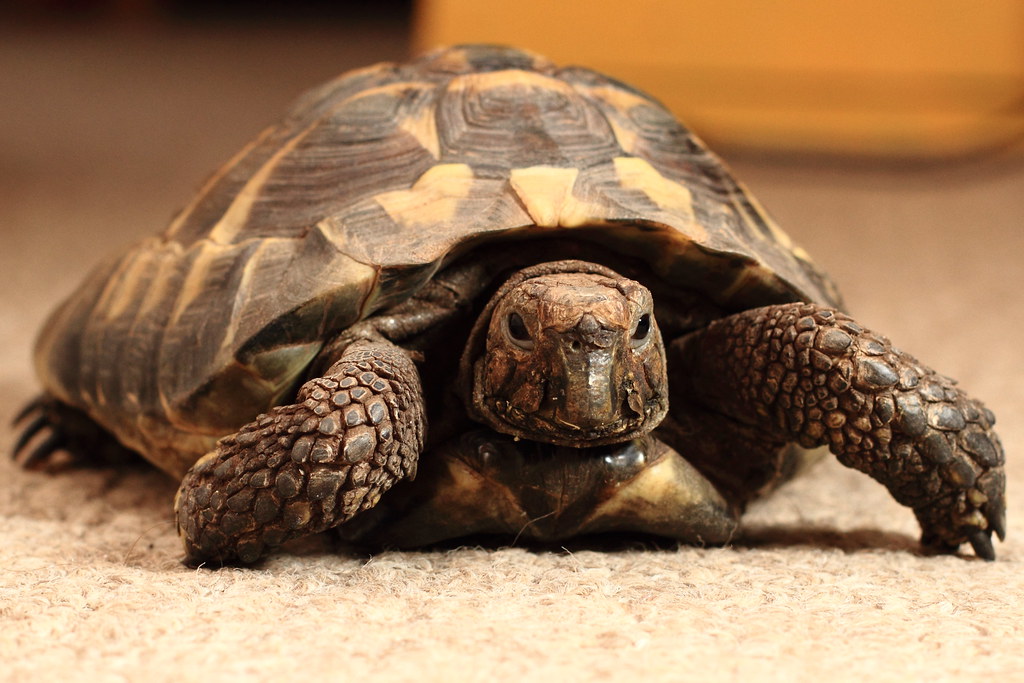
The predictable nature of tortoise care routines often integrates seamlessly into seniors’ lifestyles. Daily care typically involves morning feeding, brief observation for health assessment, and spot-cleaning of the habitat—tasks that provide gentle structure without becoming burdensome. Unlike many pets requiring multiple daily feedings or strict medication schedules, tortoises thrive on consistent but flexible routines.
This adaptability proves beneficial for seniors who have medical appointments, family visits, or varying energy levels throughout the week. Many older tortoise owners report that the simple daily responsibilities provide welcome purpose without creating anxiety about rigid schedules. The moderate time investment of approximately 20-30 minutes daily for basic care aligns well with seniors seeking meaningful pet interaction without overwhelming commitments.
Emotional Benefits for Older Adults
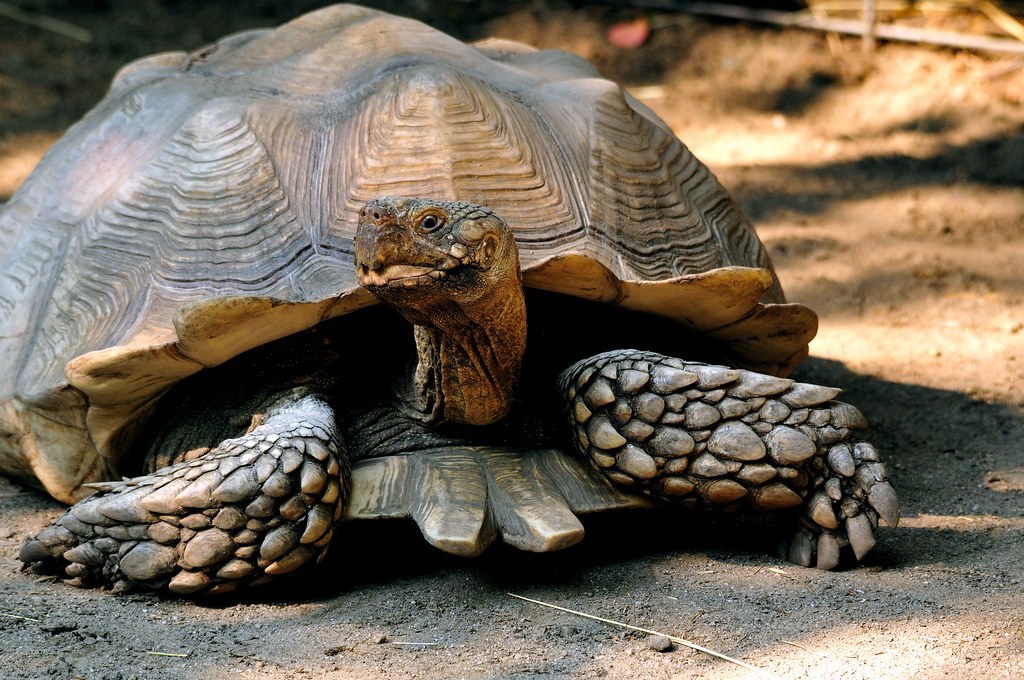
Tortoises offer unique emotional benefits that may particularly resonate with seniors. The calming presence of these gentle creatures provides companionship without the sometimes overwhelming energy of traditional pets. Many seniors report reduced feelings of loneliness through their interactions with their tortoises, noting that the animals recognize them and respond to their presence.
The routine care responsibilities create purpose and structure, potentially combating depression that can accompany retirement or reduced social connections. Studies on animal therapy suggest that even non-traditional pets can lower blood pressure and reduce stress when handling and interaction occur regularly. The quiet companionship of tortoises suits seniors seeking connection without the noise and constant attention requirements of more traditional pets.
Cognitive Stimulation and Learning
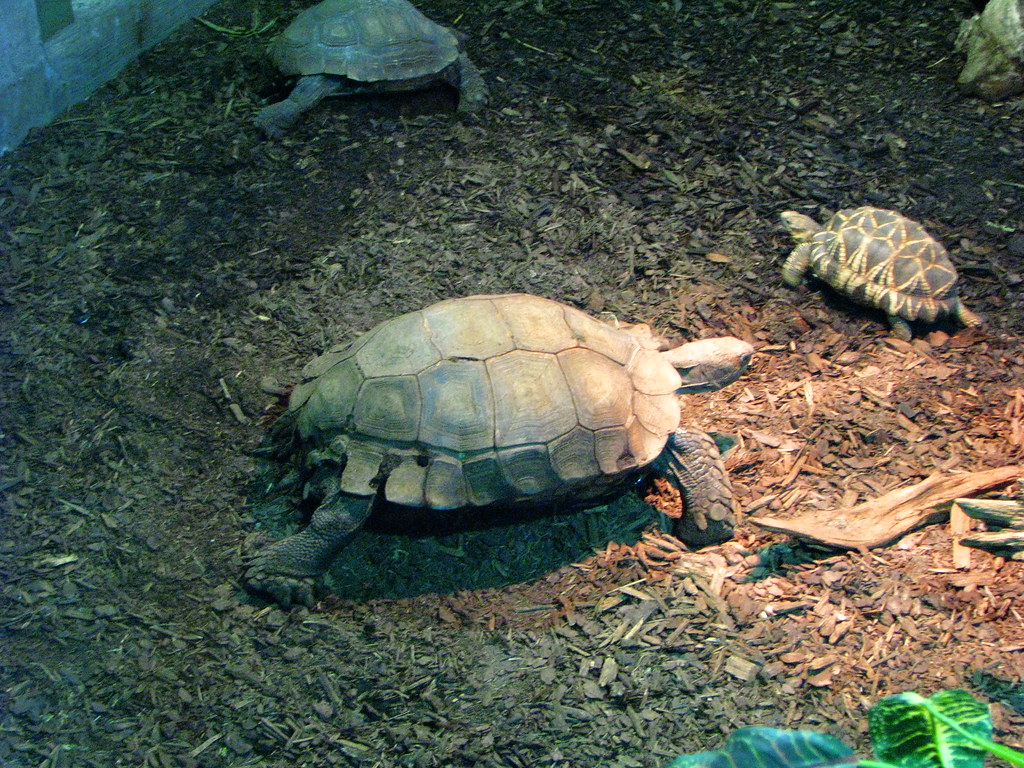
Caring for tortoises provides ongoing cognitive stimulation that benefits seniors’ mental health. Learning about tortoise behavior, dietary needs, and habitat requirements engages the mind and encourages continued learning in retirement years. Many tortoise owners join online forums and local herpetological societies, creating social connections around shared interests and expanding their knowledge communities. The problem-solving aspects of optimizing habitats, addressing health concerns, and adapting care routines as the tortoise grows all provide mental exercise. Seniors often report satisfaction in mastering the specialized knowledge required for successful tortoise husbandry. This continuous learning process offers cognitive benefits similar to hobbies and puzzles recommended for maintaining brain health in older adults.
Mobility and Handling Considerations
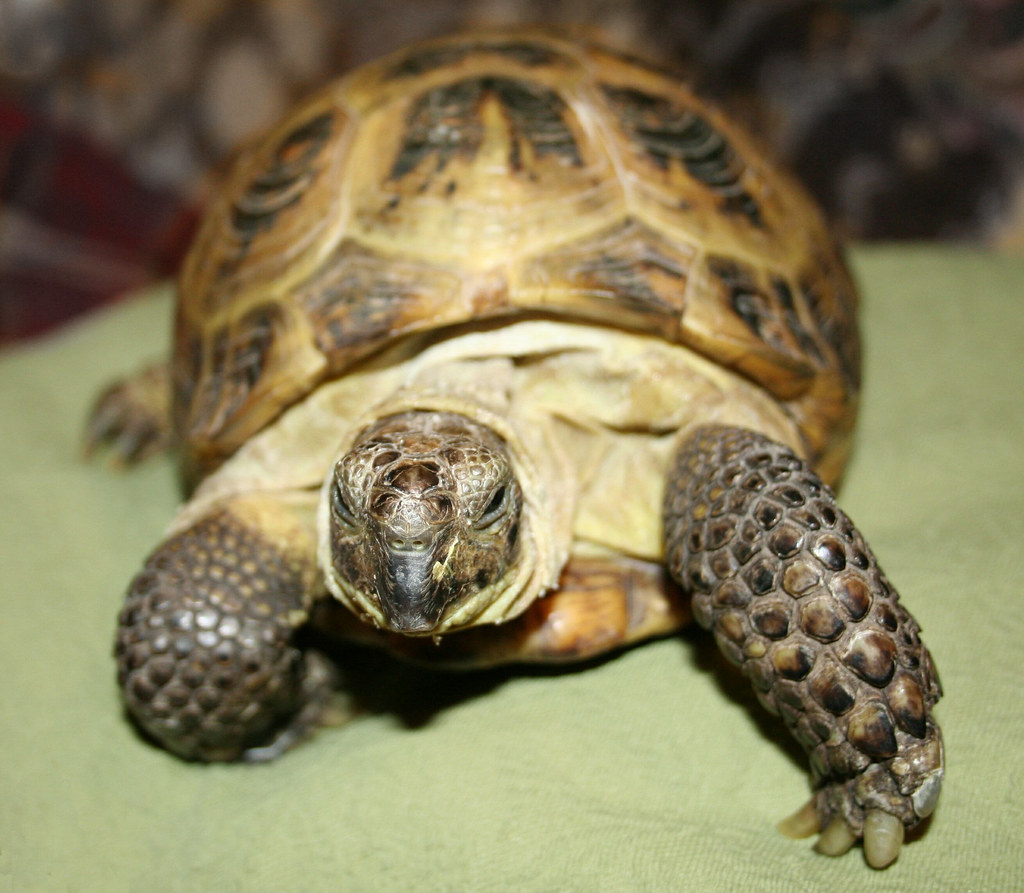
Tortoise handling requirements vary significantly by species, offering options aligned with different physical capabilities. Smaller species weighing 5-10 pounds can be carefully lifted for short periods, while larger tortoises may eventually exceed safe lifting thresholds for seniors. Thoughtful habitat design can minimize handling needs—ground-level tortoise tables with side access points reduce bending, and raised enclosures bring care activities to a comfortable height.
Many seniors successfully modify feeding and cleaning routines to accommodate mobility limitations, using long-handled tools for spot cleaning and designing feeding stations that require minimal reaching. The relatively slow movement of tortoises also provides safety advantages for seniors with balance concerns compared to more energetic pets that might cause tripping hazards. Proper species selection based on eventual size represents the most important factor in ensuring long-term handling compatibility.
Temperature and Climate Needs
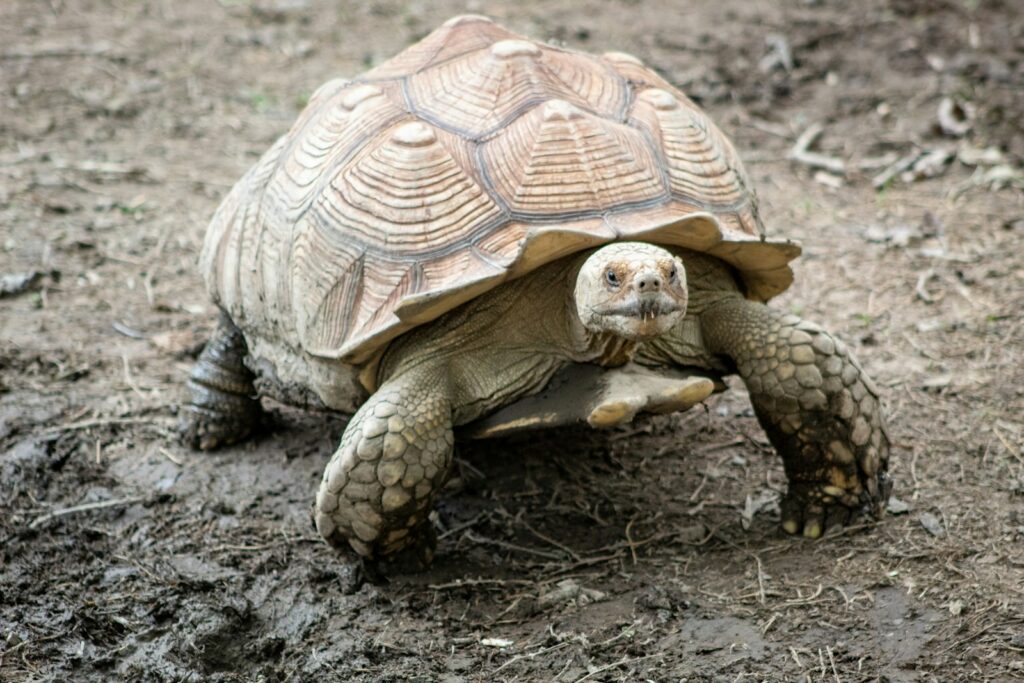
The temperature requirements of tortoises present both challenges and benefits for senior owners. Most species require access to temperature gradients including basking spots of 90-100°F, which necessitates proper heating equipment and monitoring. For seniors living in moderate climates, species like Mediterranean tortoises can spend significant time outdoors during warmer months, reducing indoor space needs and electricity costs.
Climate control requirements may align well with seniors who prefer consistent home temperatures themselves, though the additional heating for tortoise habitats can impact utility bills. Proper education about temperature monitoring is essential, as is selecting species whose native habitat roughly matches the senior’s local climate when possible. Modern technology has simplified temperature management with programmable thermostats and remote monitoring systems that reduce the constant attention previously required.
Best Tortoise Species for Seniors
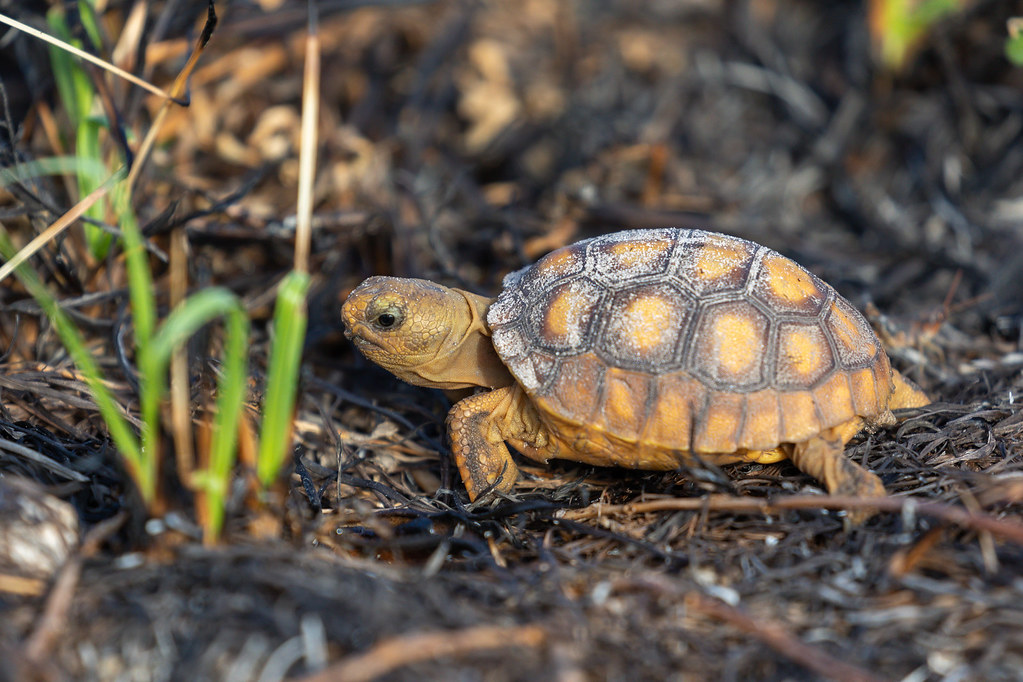
Not all tortoise species are equally suitable for senior care, with size, temperament and care complexity being key differentiating factors. Russian tortoises (Testudo horsfieldii) often rank among the most senior-friendly options, staying relatively small at 8-10 inches and adapting well to indoor housing with outdoor time when weather permits. Hermann’s tortoises and Greek tortoises offer similar advantages, remaining manageable in size while displaying engaging personalities and reasonable care requirements.
The Eastern box turtle, while technically not a true tortoise, shares many characteristics and thrives in smaller habitats suitable for limited spaces. Species to approach with caution include sulcata tortoises, which grow extremely large and require extensive outdoor space, and redfoot tortoises, which have more complex humidity requirements. The ideal choice balances the senior’s living situation, physical capabilities, and interest in tortoise care complexity.
Emergency Care Considerations
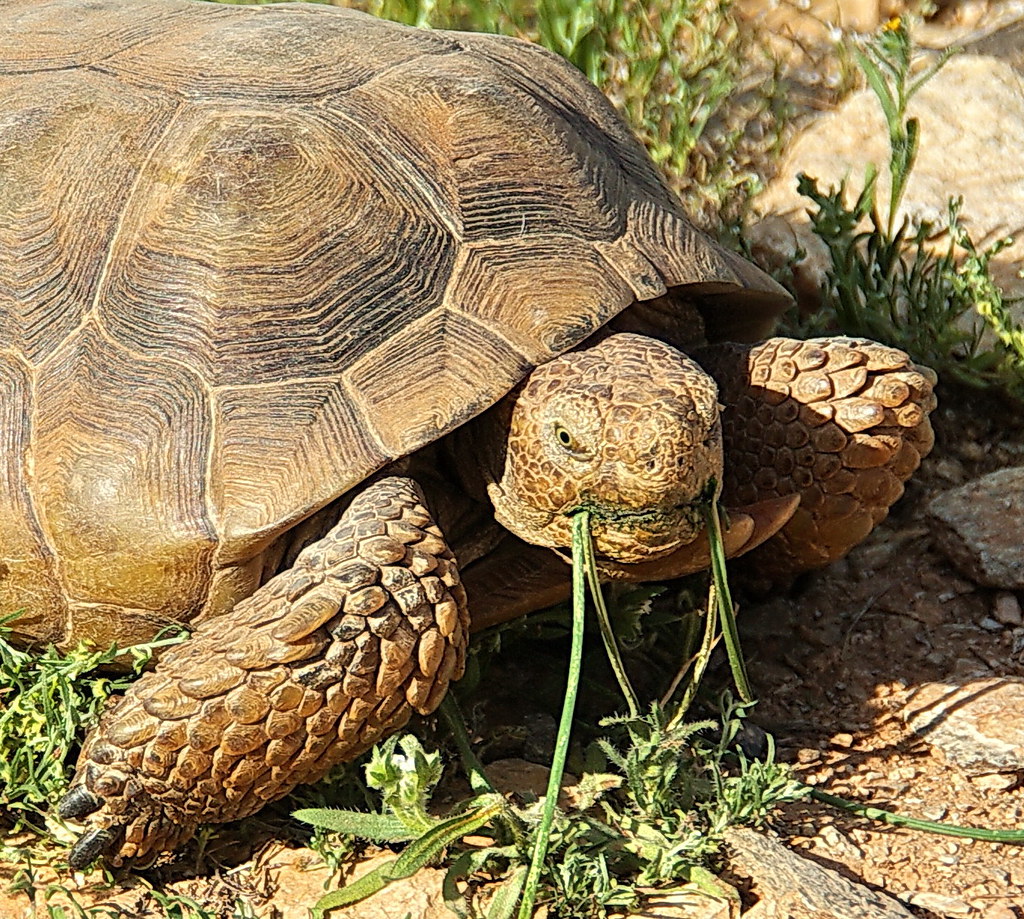
Emergency preparedness requires special consideration for senior tortoise owners. Power outages that compromise heating systems can quickly become life-threatening for these temperature-dependent reptiles, necessitating backup plans such as battery-operated heat sources or emergency transportation plans to warmer locations. Seniors should identify a reptile-knowledgeable veterinarian before emergencies arise, as standard veterinary practices often lack specialized reptile expertise.
Creating a written care protocol and emergency contact list accessible to neighbors or family members ensures the tortoise receives proper care if the owner experiences health issues. Some seniors establish relationships with local herpetological societies or reptile rescue organizations that can provide temporary care during hospitalizations or assistance during emergencies. While tortoises generally experience fewer acute health crises than mammals, their specialized needs require thoughtful emergency planning.
Social Aspects of Tortoise Ownership
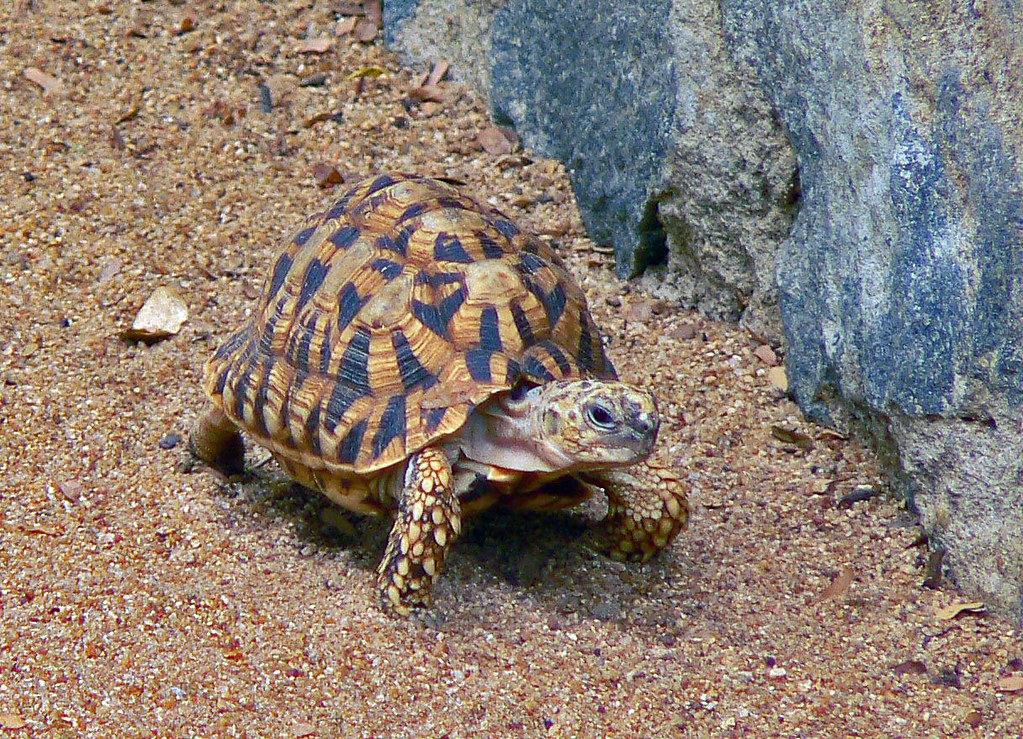
The social dimensions of tortoise ownership often surprise new keepers with unexpected benefits. Tortoises frequently become conversation starters, creating social connections when visitors, family members, or neighbors express curiosity about these unusual pets. Many seniors find that grandchildren are particularly fascinated by tortoises, creating multigenerational bonding opportunities during visits. Online tortoise forums and local reptile clubs provide community connections with fellow enthusiasts, combating isolation through shared interests.
Some seniors even participate in educational programs at schools or nature centers with their tortoises, creating purposeful community engagement. While tortoises themselves don’t provide the same interactive companionship as dogs or cats, the social ecosystem that develops around tortoise ownership can significantly enrich seniors’ social lives in unexpected ways.
Comparing Tortoises to Traditional Senior Pets
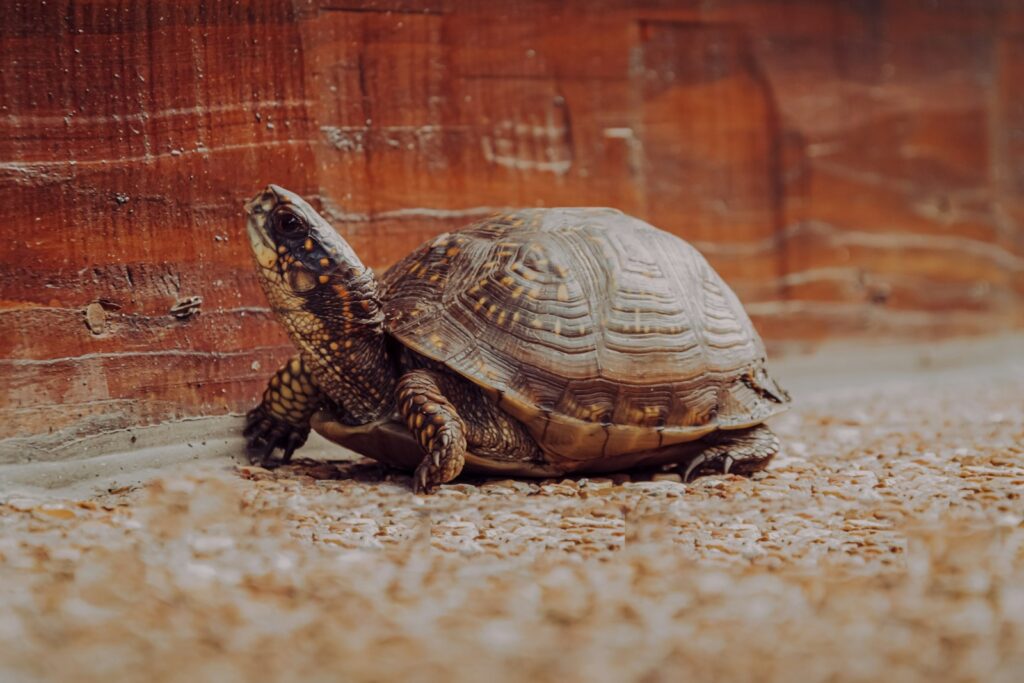
When evaluating tortoises against traditional senior pets like cats and small dogs, distinct advantages and disadvantages emerge. Unlike cats and dogs, tortoises don’t create allergens that may exacerbate respiratory conditions common in older adults. The minimal shedding and dander production makes tortoises suitable for seniors with allergies or those who prefer cleaner living environments.
Tortoises don’t require emotional attention in the same way as mammals, creating less guilt when owners travel or have decreased energy. However, they lack the intuitive emotional connection many seniors desire, such as a cat’s purring presence on a lap or a dog’s enthusiastic greeting. The lower maintenance requirements come with tradeoffs in interactive companionship. For seniors primarily seeking watchful companionship rather than affectionate interaction, tortoises may represent an excellent middle ground between plant care and more demanding pets.
Conclusion: Are Tortoises Right for Seniors?
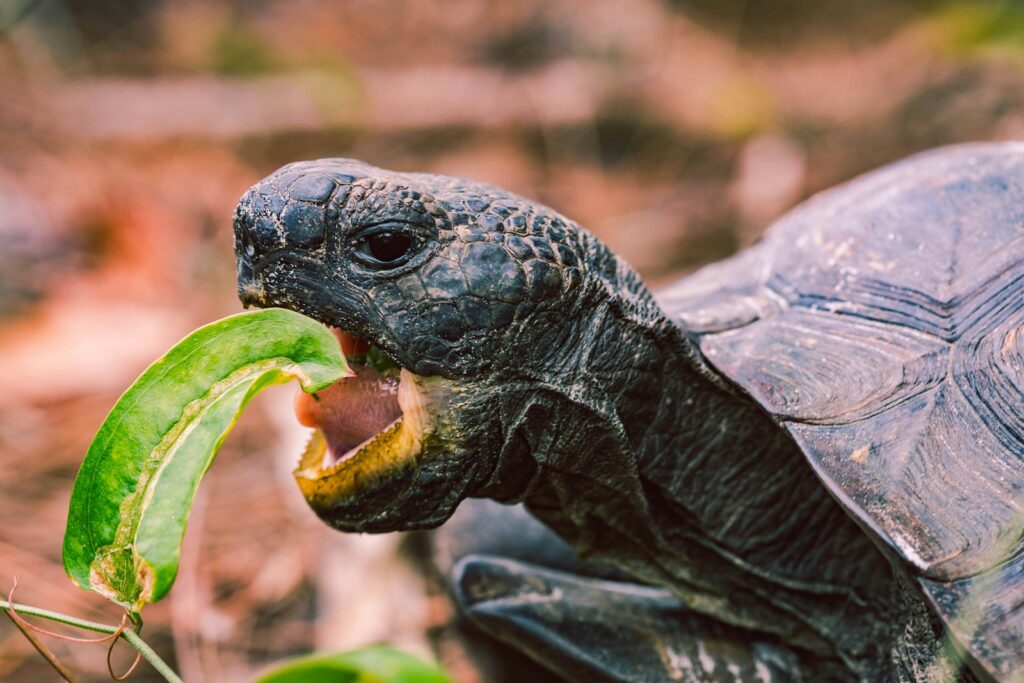
Tortoises can indeed make excellent pets for many seniors, though their suitability depends heavily on individual circumstances and preferences. These reptiles offer a unique combination of longevity, moderate care requirements, and calm companionship that aligns well with many seniors’ lifestyles. The ideal senior tortoise owner has stable housing, reasonable mobility, interest in reptile care, and a succession plan for the tortoise’s long-term future.
Smaller species requiring less strength for handling and habitat maintenance generally prove most appropriate. While tortoises don’t provide the emotional reciprocity of traditional pets, they offer different rewards through their fascinating behaviors and the learning opportunities they present. For seniors seeking pet companionship with moderate time investment, lower physical demands, and unique interest value, tortoises represent a rewarding option worth serious consideration.

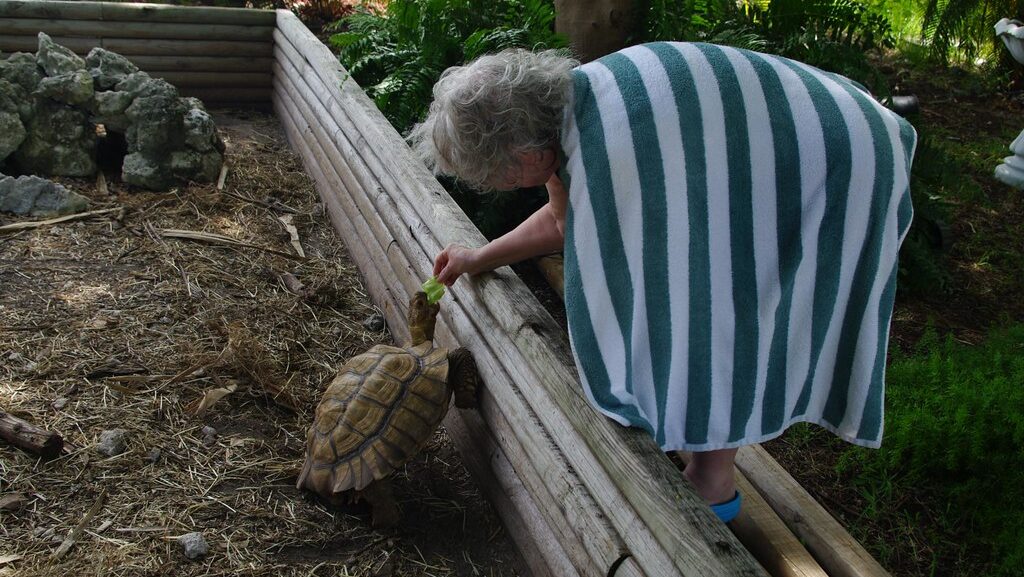
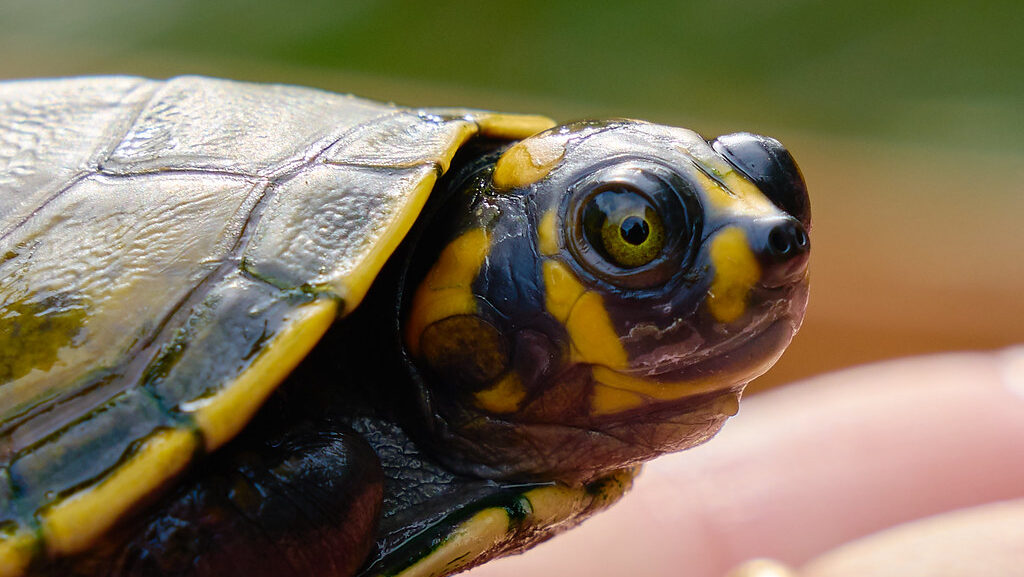
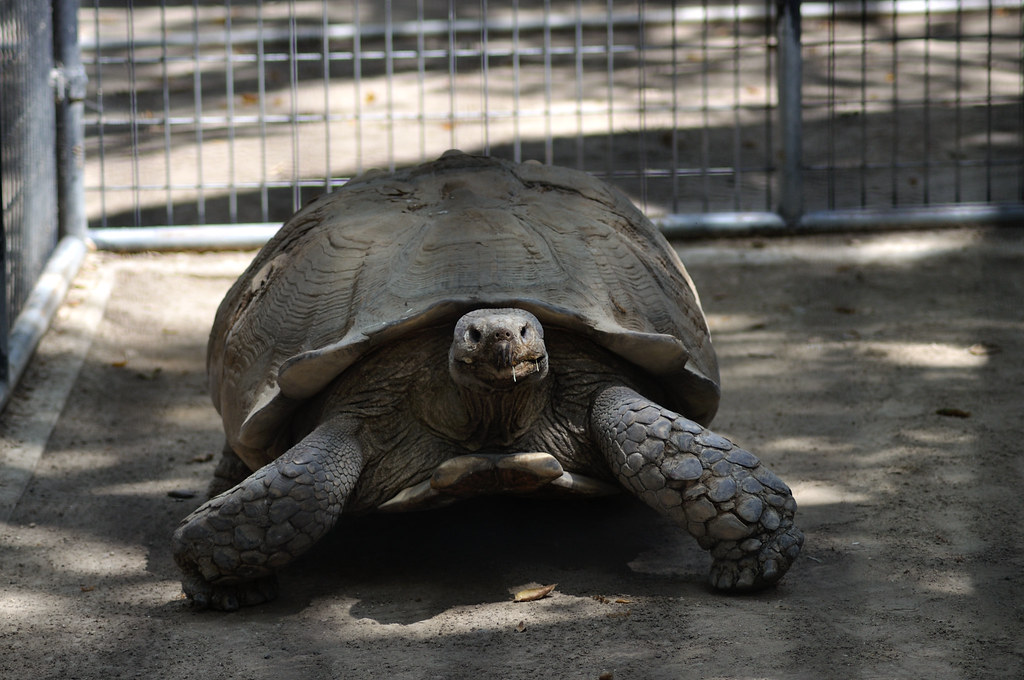
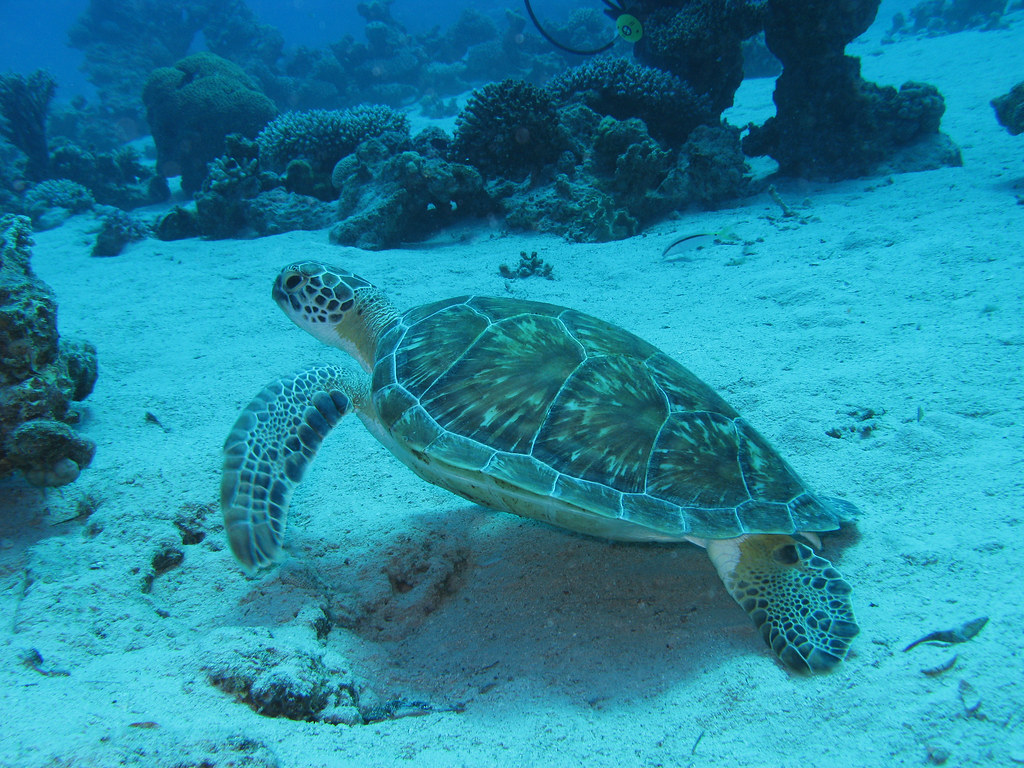
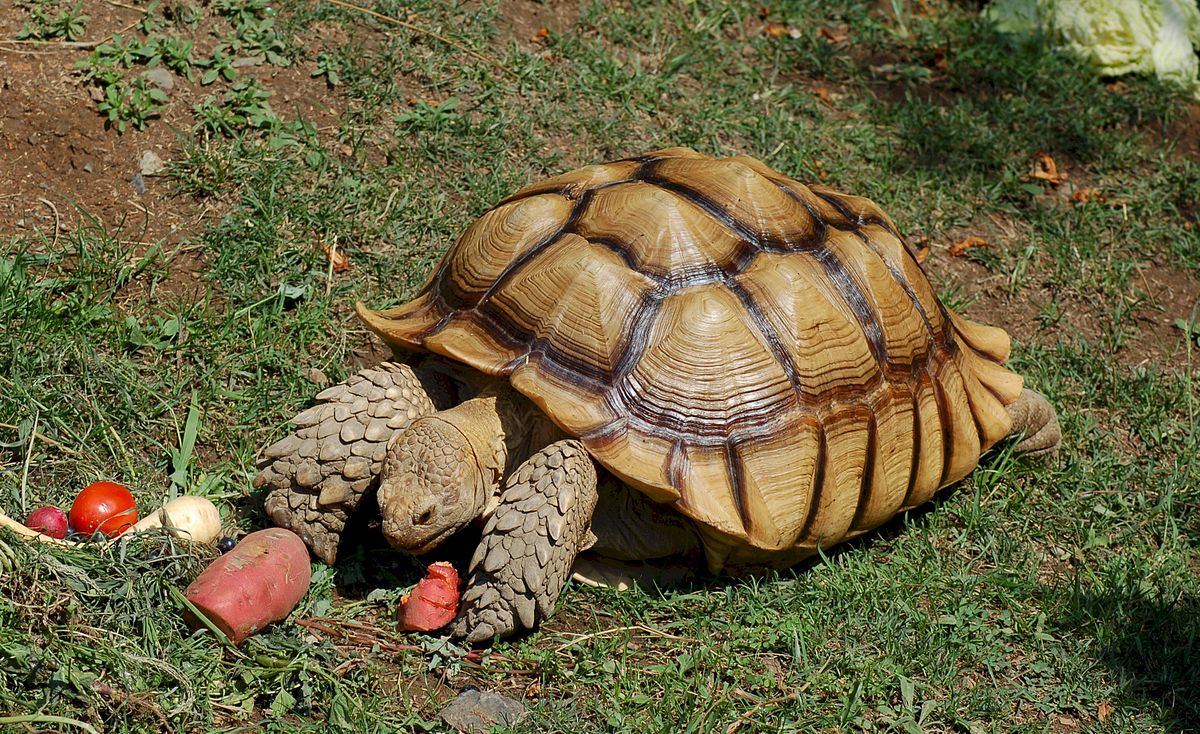
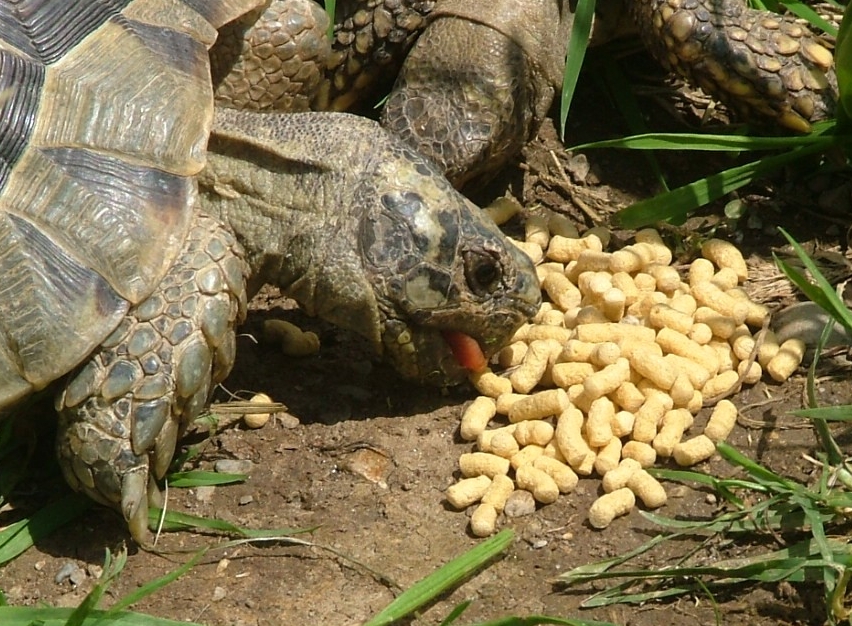
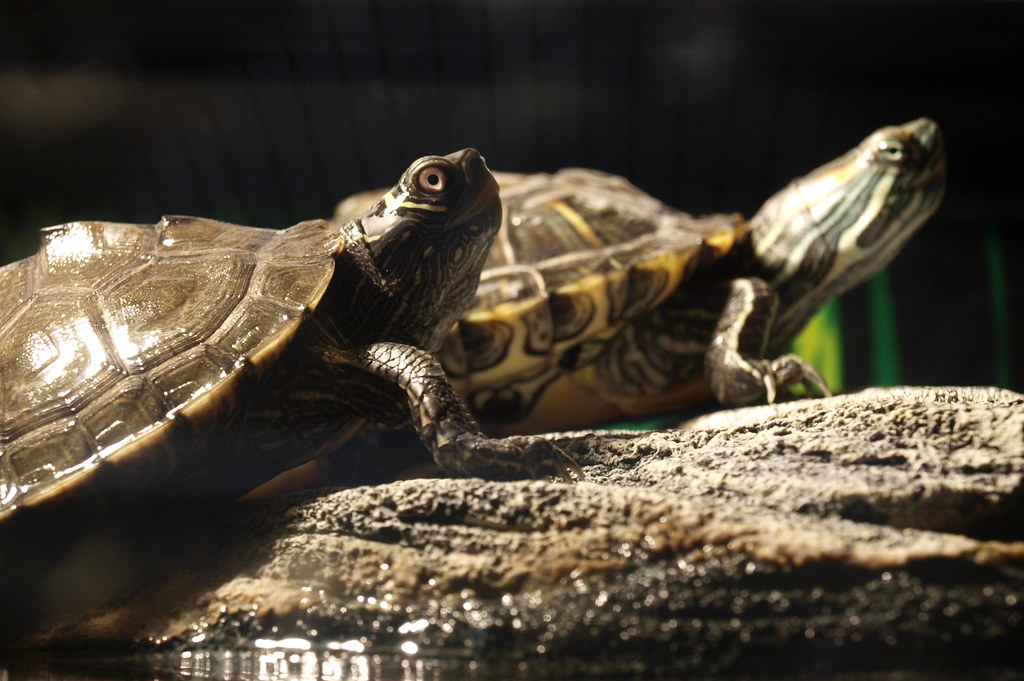
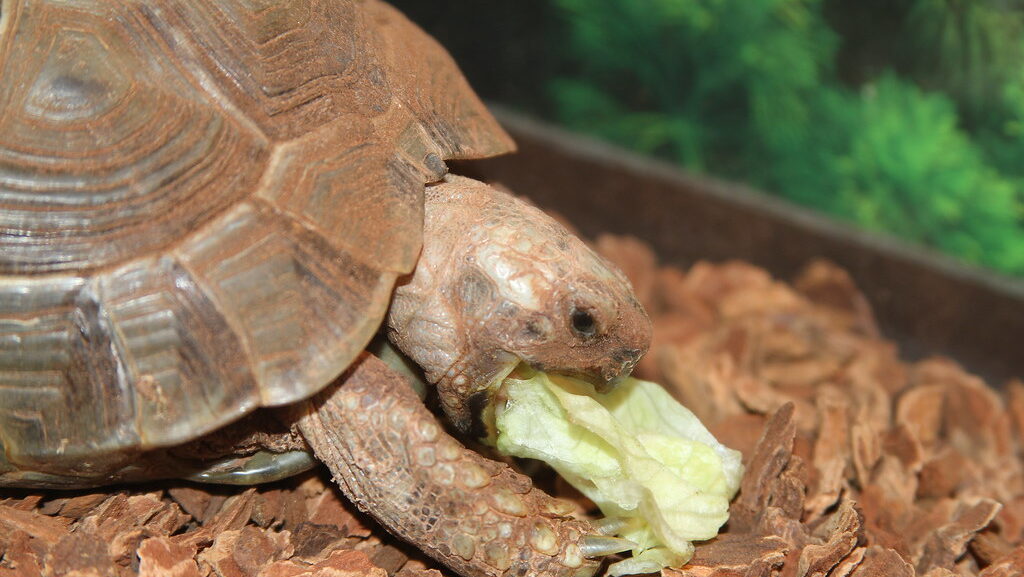
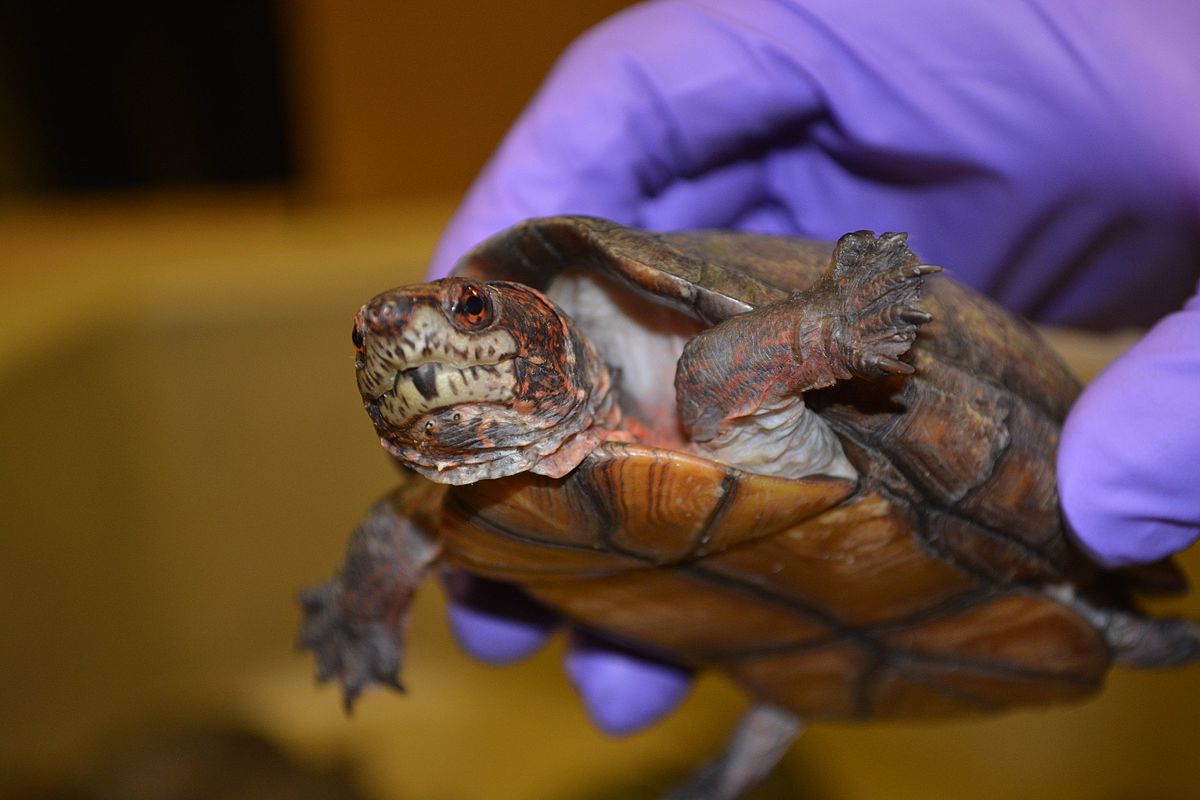
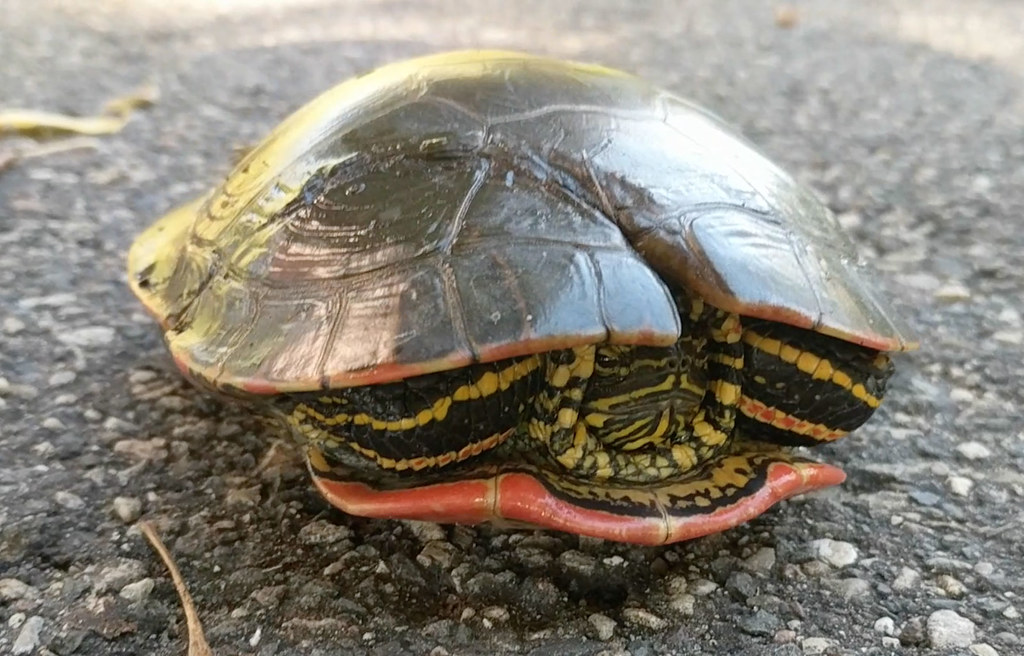
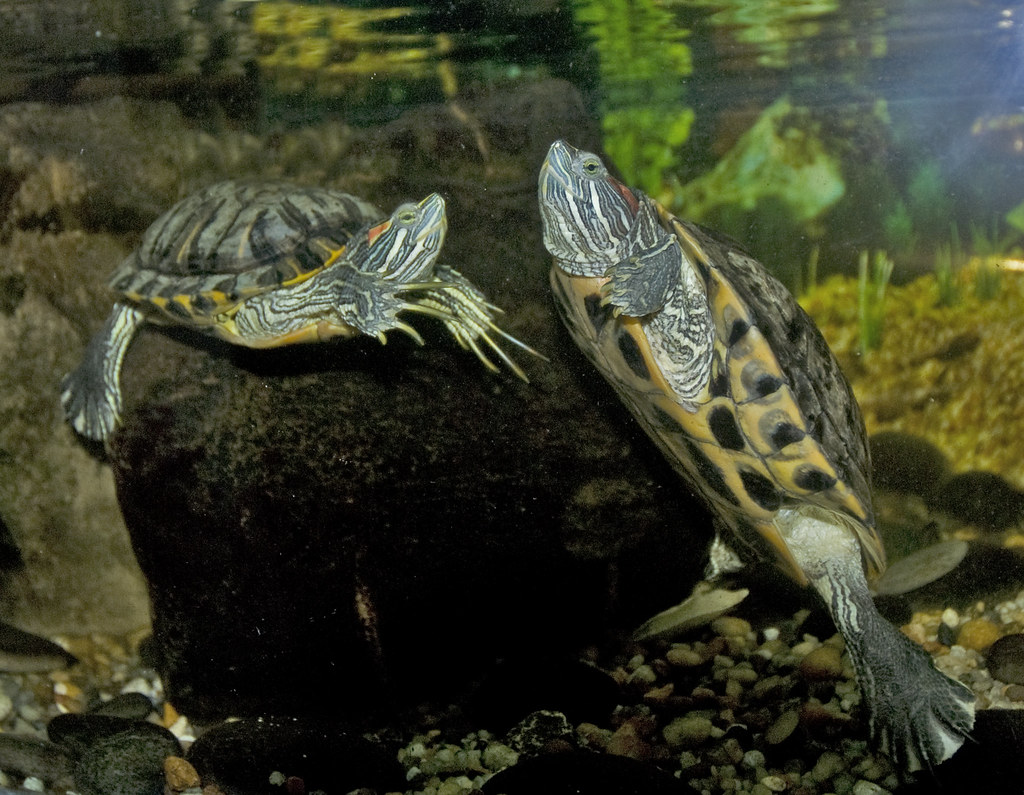
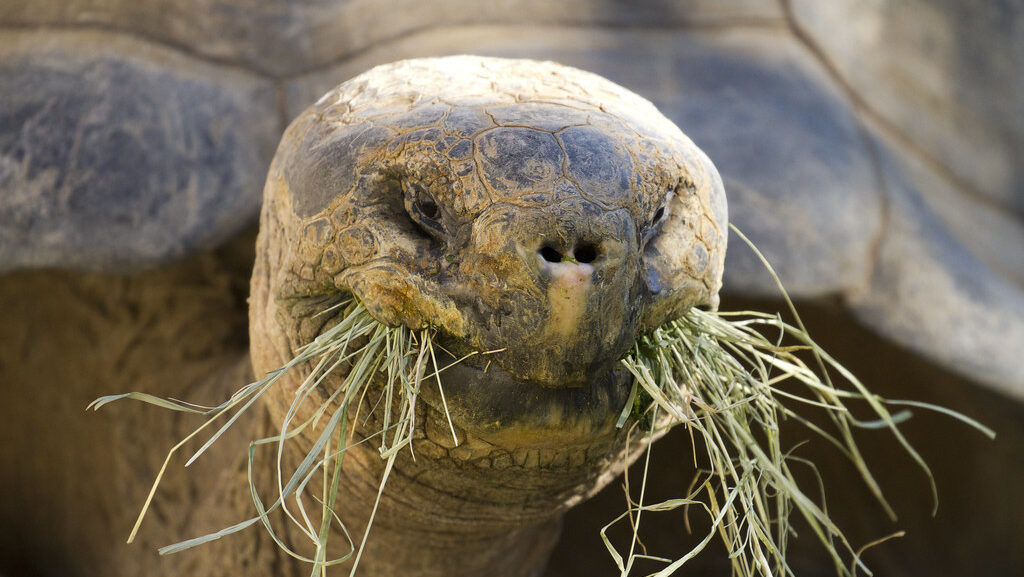
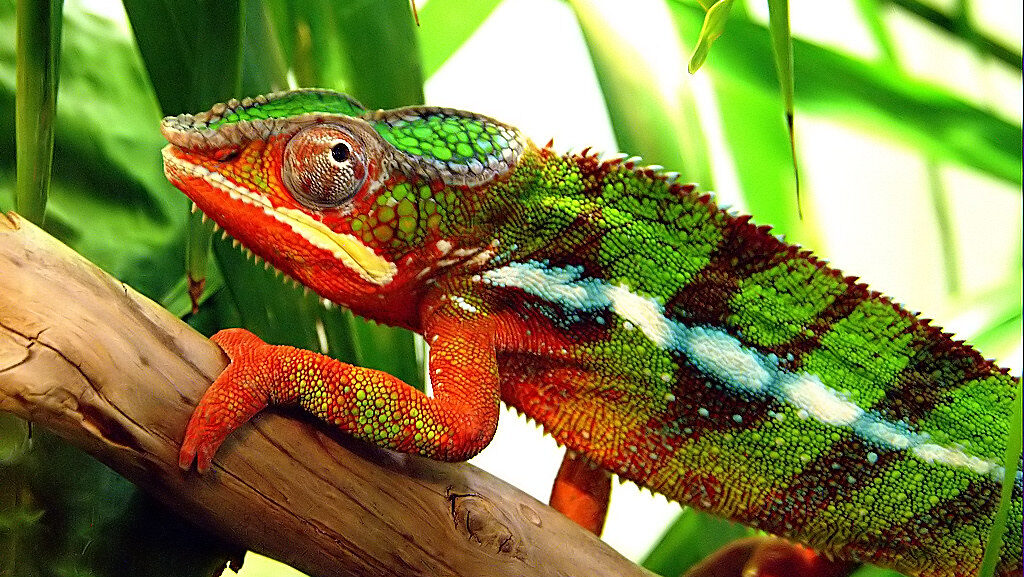
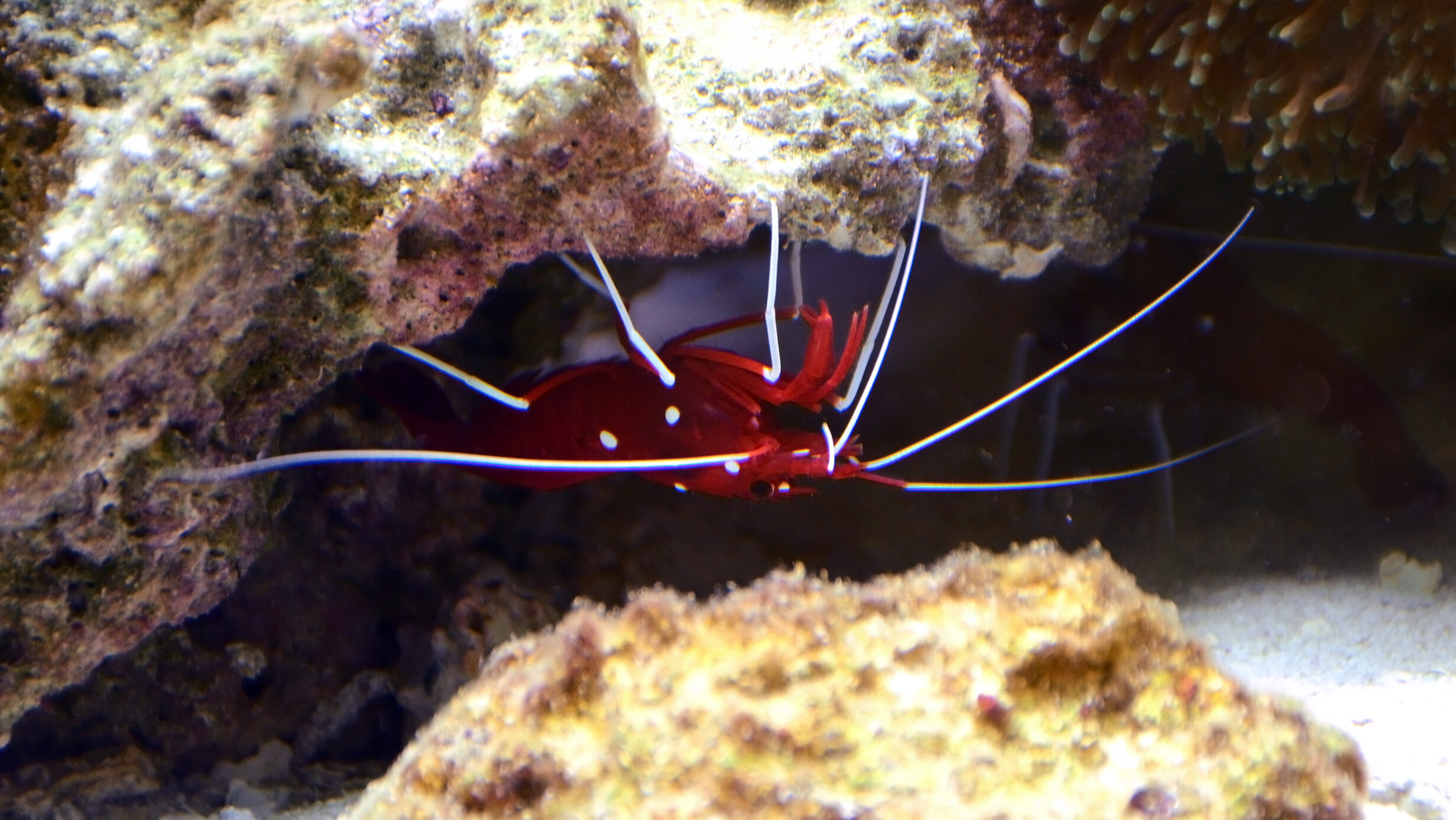
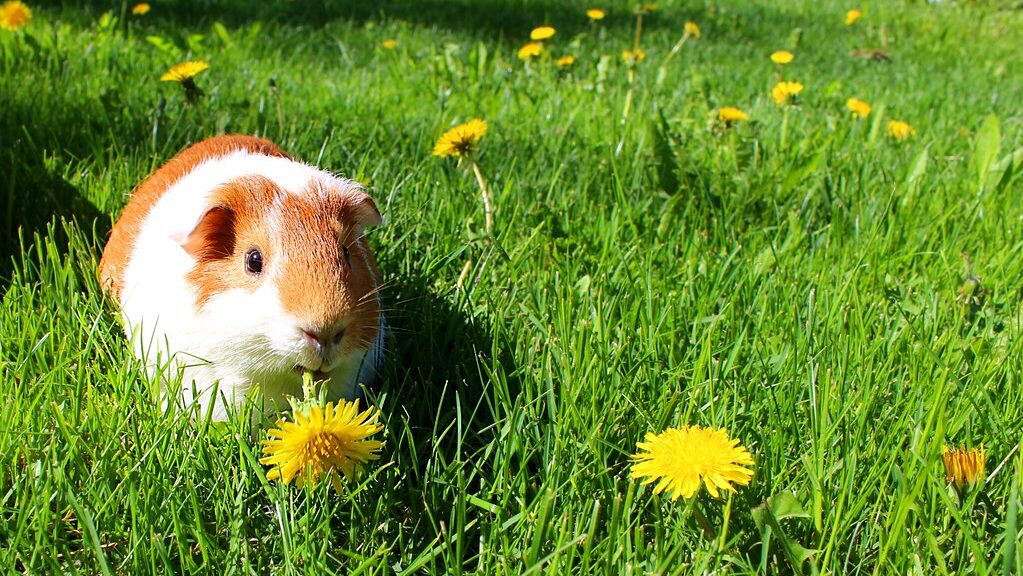
Leave a Reply